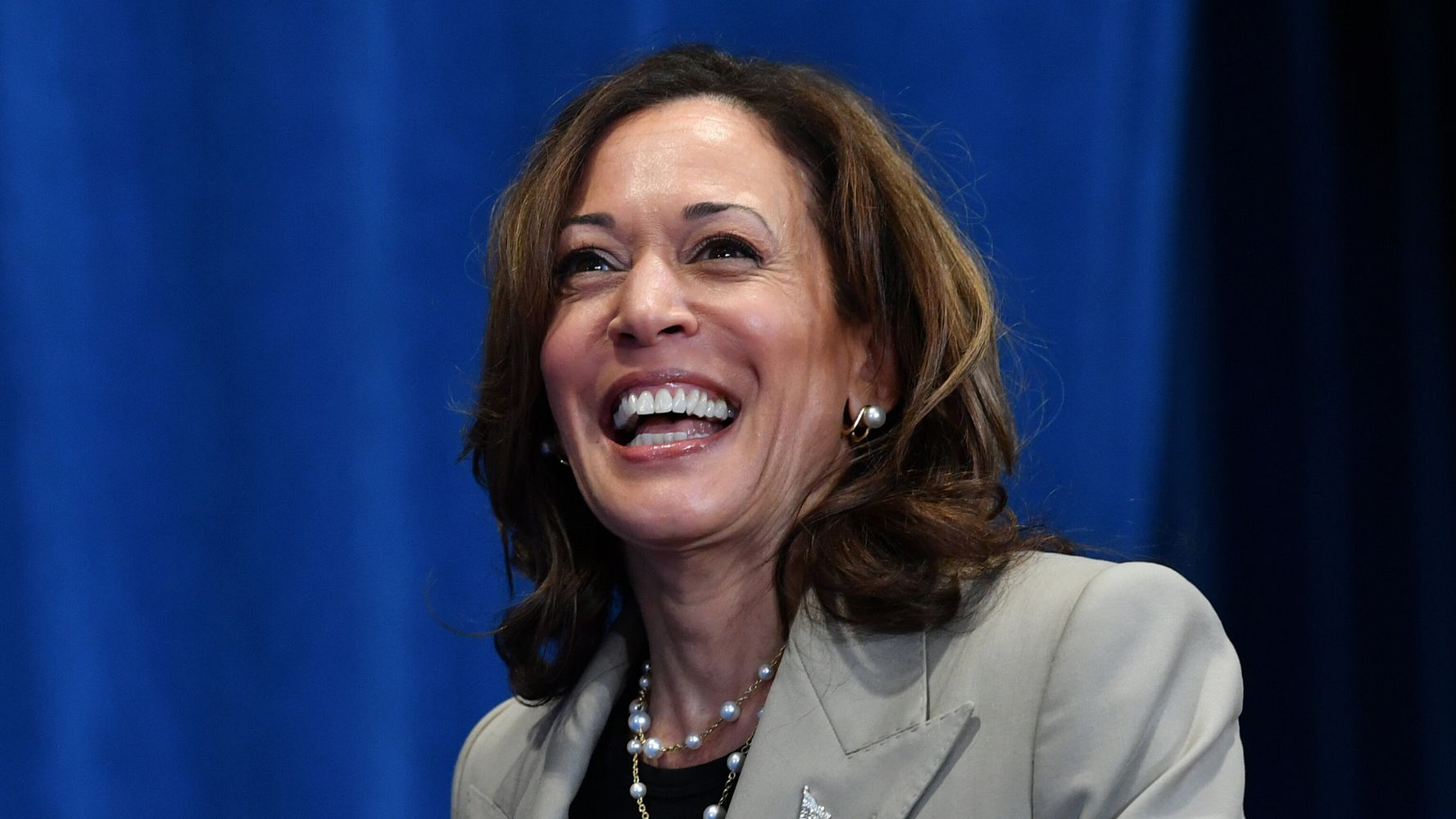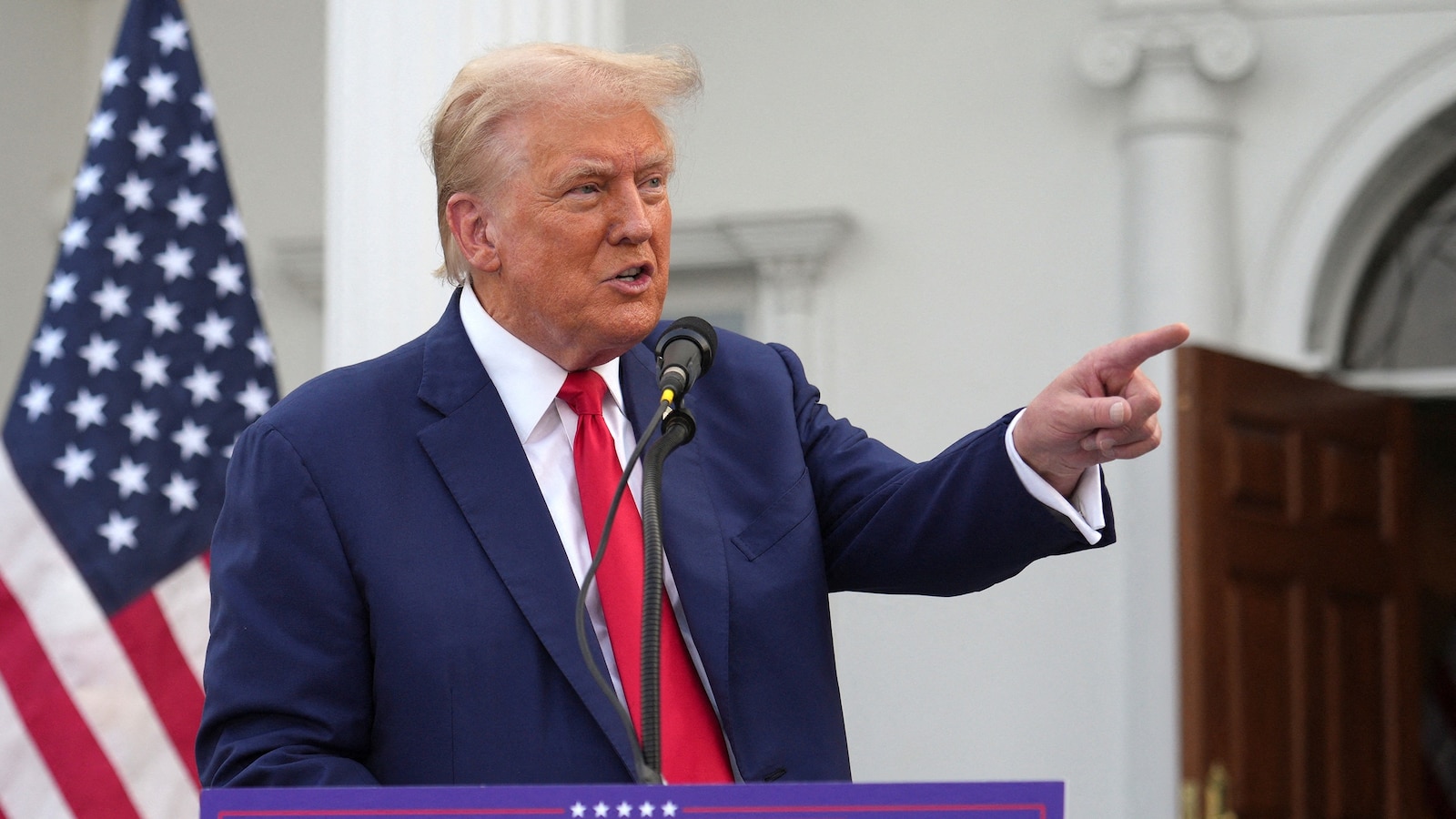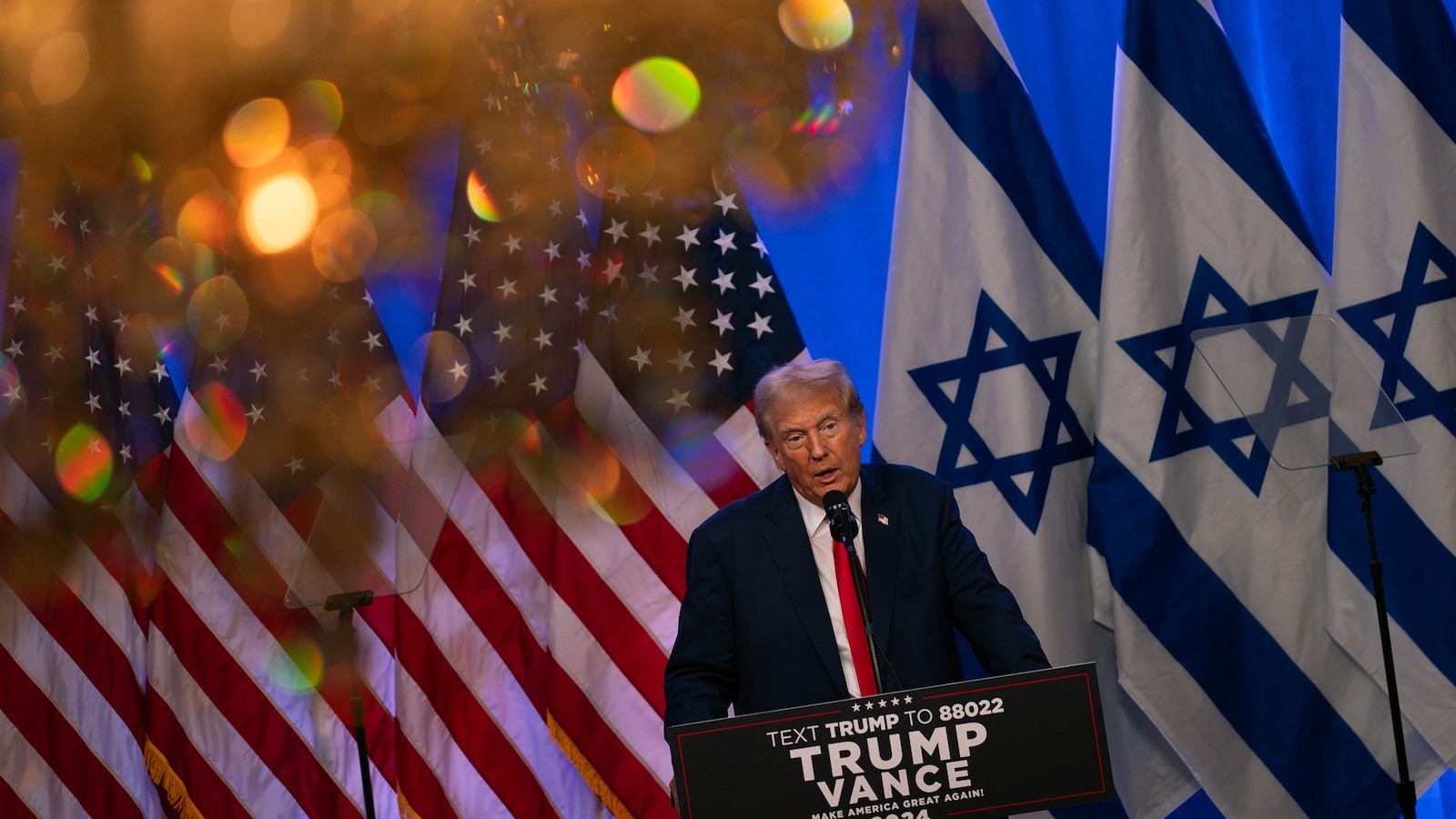With Kamala Harris as Expected Democratic Nominee, Women and Race Take Center Stage
With Vice President Kamala Harris now the expected Democratic nominee for president, she’ll be the second woman, and first woman of color, to receive a major political party’s nomination for president in the United States. And while Democrats’ elevation of Harris since President Joe Biden’s exit from the race has been largely smooth, the early reaction from the Republican Party suggests that Harris’s gender (and race) may be central to their criticisms.
The ‘Electability’ Trap
Attitudes about women in American politics have evolved a lot over the last 70 years.
Overall, support for a female or Black candidate has been fairly consistent since around 2000, and the partisan split is limited in this hypothetical, with Democrats modestly more open to supporting women and nonwhite candidates.
But other polling shows Democrats are particularly enthusiastic about electing a female president.
These statistics point to the fact that some Americans may not support female candidates or candidates of color not because of overt sexism and racism or even implicit bias, but because of more complicated fears about whether candidates with these identities can win.
Another study found Democrats in the 2020 primary rated women and people of color as less “electable” than their white, male counterparts despite more often being the preferred candidate in a hypothetical matchup.
And according to a 19th News/SurveyMonkey poll fielded July 22-24, 40 percent of respondents think Harris will have a better chance of winning with a white male running mate, while 42 percent think that choosing a woman would have a negative impact on her campaign.
Will Harris Neutralize Gendered and Racialized Attacks?
Political opponents have long exploited voters’ skepticism about women and people of color in politics, and Harris’s identity as a multiracial woman inevitably means voters’ attitudes about gender, race and their intersection will come into play in this election, whether or not they are directly invoked by her opponents.
Renewing an attack they’ve made throughout her vice presidency, Republicans have called Harris a “DEI candidate,” a label that stokes racial resentment by suggesting that success by minority individuals is not earned, or even comes at the expense of others.
Still, there is some reason to think that the effectiveness of racialized and gendered criticism could be stunted this cycle.
Similarly, beliefs about women in the workplace are increasingly polarized along partisan lines.
In fact, in each of those election cycles, female candidates arguably had some electoral advantages.
And when it comes to the highest office, Nikki Haley made a convincing electability argument in this cycle’s Republican primary.
Since the 2022 Dobbs decision, Democrats have banked on abortion as a winning issue that would drive their voters to the polls, but while Biden appeared to be losing some of this support, Harris could refocus the race around abortion rights to her advantage.
Harris is also likely be perceived as more liberal than Biden would have been because of her gender — and while that’s a potential pitfall in a general election, it could also give her more room to play both sides by pivoting to the center on certain issues.
A Democratic ticket with Harris at the top presents a strong contrast to this year’s GOP ticket on the basis of gender alone.
For Democrats, countering these attacks by explicitly characterizing them as sexist or racist can also be fraught, but Harris’s campaign and surrogates may have found a more effective counter, one that turns gendered attacks back on Trump and Vance: They’ve recently started characterizing the Republican ticket as “weird,” particularly in reference to their gendered language and stances on women’s issues.
And in so doing, gendered and racialized criticism could be rendered less relevant.



